2023 Research Roundup
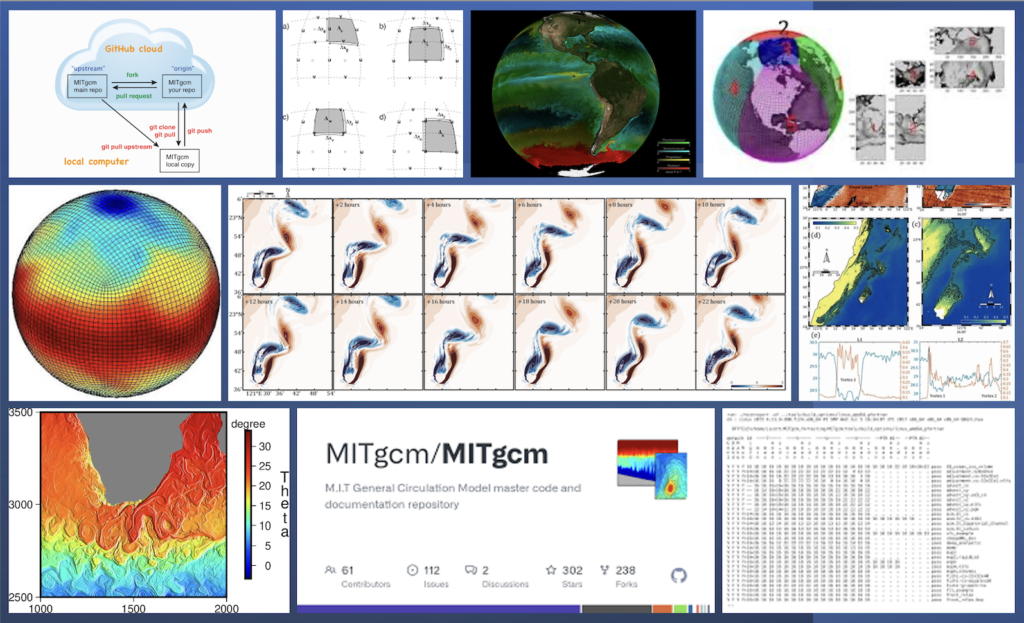 Happy 2024: Another new year, another new research roundup! Best wishes as always to MITgcmers past, MITgcmers present and MITgcmers yet to come…
Happy 2024: Another new year, another new research roundup! Best wishes as always to MITgcmers past, MITgcmers present and MITgcmers yet to come…
Exploring the effects of optimizing model-dependent parameters on Antarctic sea-ice concentration data assimilation
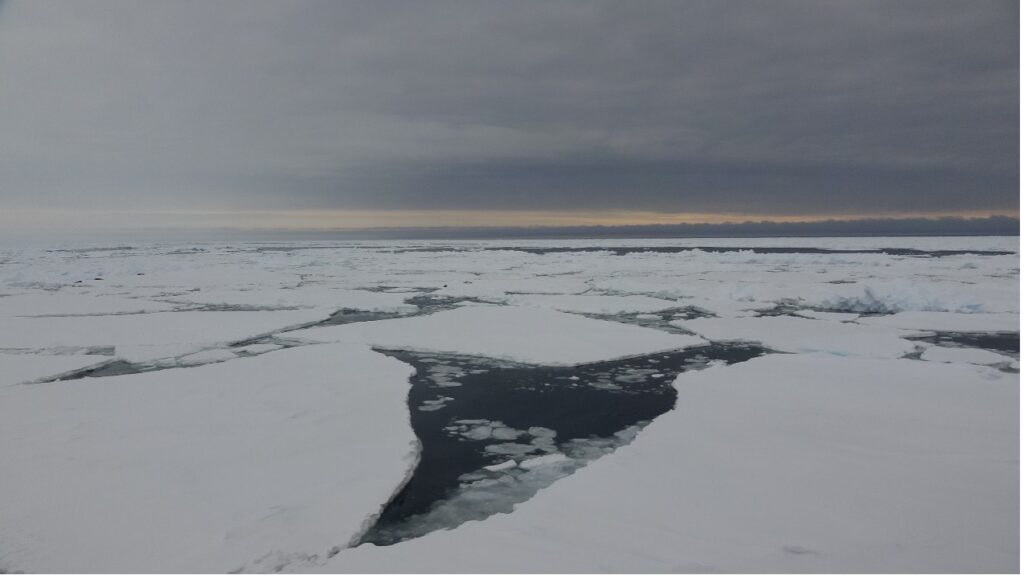 Improving the performance of the Data Assimilation System for the Southern Ocean in assimilating sea-ice concentration (SIC) through optimizing model-dependent parameters.
Improving the performance of the Data Assimilation System for the Southern Ocean in assimilating sea-ice concentration (SIC) through optimizing model-dependent parameters.
Assimilating CryoSat-2 Summer Sea Ice Thickness Observations
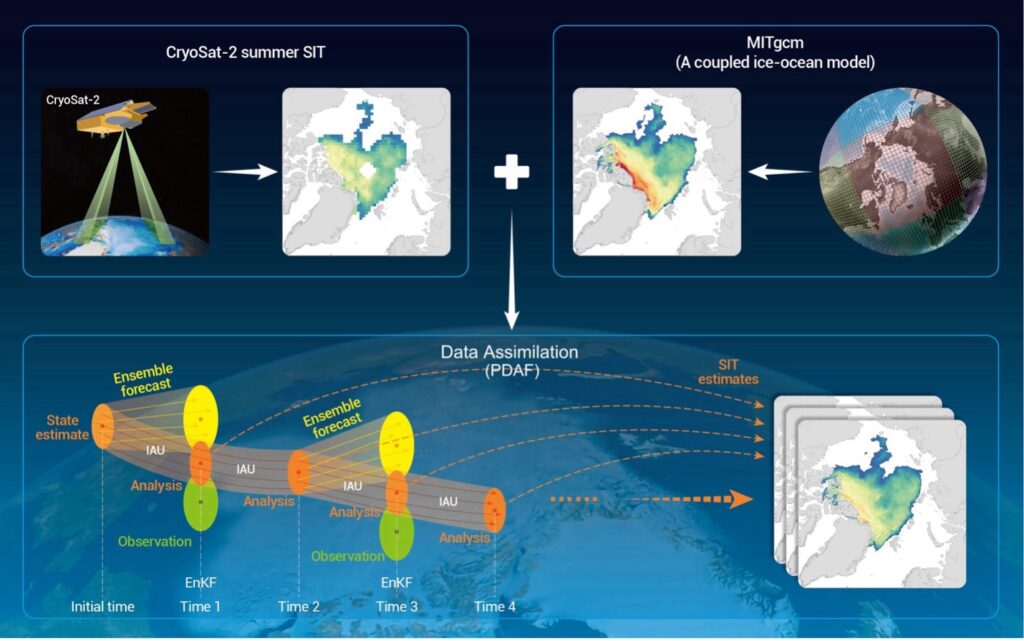 By incorporating satellite observations of summer sea ice thickness and concentration into MITgcm., a team of researchers from China and Germany is helping improve Arctic summer sea ice thickness estimation.
By incorporating satellite observations of summer sea ice thickness and concentration into MITgcm., a team of researchers from China and Germany is helping improve Arctic summer sea ice thickness estimation.
Antarctic Rifts and Icebergs
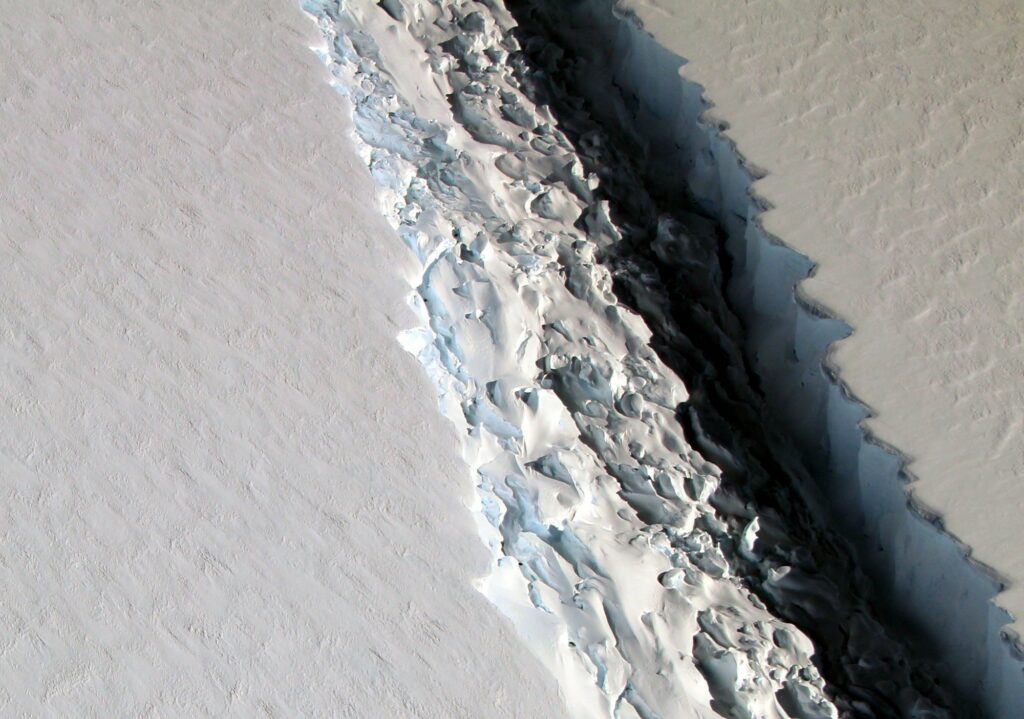 Mattia Poinelli uses MITgcm to explore what role rifts and icebergs play in shaping the dynamics of Antarctic ice shelves.
Mattia Poinelli uses MITgcm to explore what role rifts and icebergs play in shaping the dynamics of Antarctic ice shelves.
Subglacial Melting
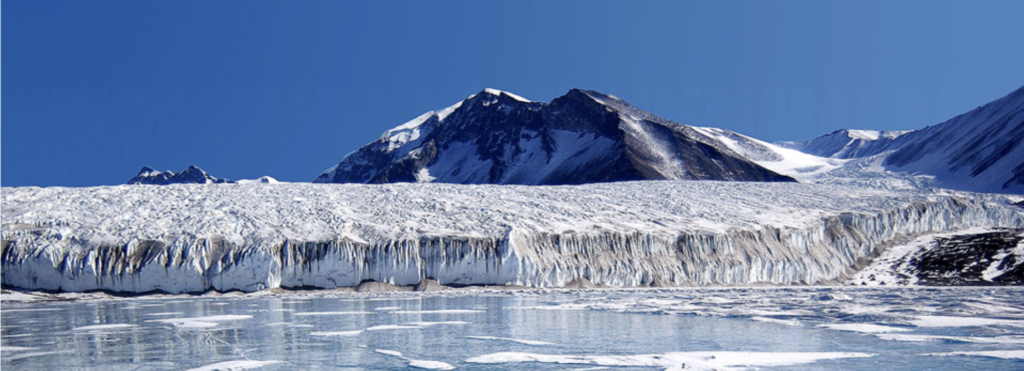 This month we spotlight research using a regional implementation of MITgcm to explore Antarctic subglacial runoff.
This month we spotlight research using a regional implementation of MITgcm to explore Antarctic subglacial runoff.
MITgcm goes to EGU
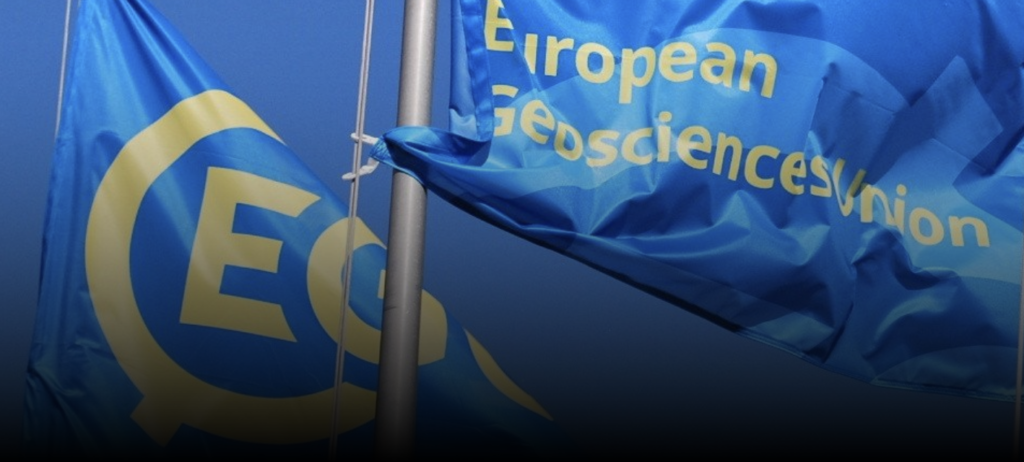 This month, a taste from the blizzard of papers using MITgcm served up at the European Geophysical Union General Assembly this year.
This month, a taste from the blizzard of papers using MITgcm served up at the European Geophysical Union General Assembly this year.
Assimilating Antarctic Sea-ice Thickness Data Revisited
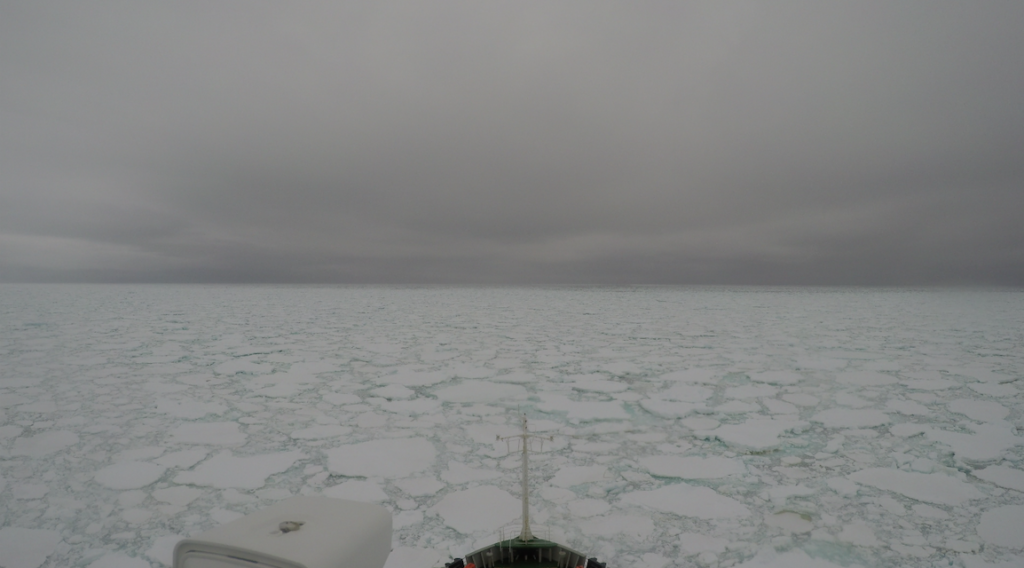 A team of researchers from China and the US has created a new atmospheric ensemble forcing for MITgcm to improve the accuracy and the uncertainty estimation of Antarctic sea ice simulation.
A team of researchers from China and the US has created a new atmospheric ensemble forcing for MITgcm to improve the accuracy and the uncertainty estimation of Antarctic sea ice simulation.
2022 Research Roundup
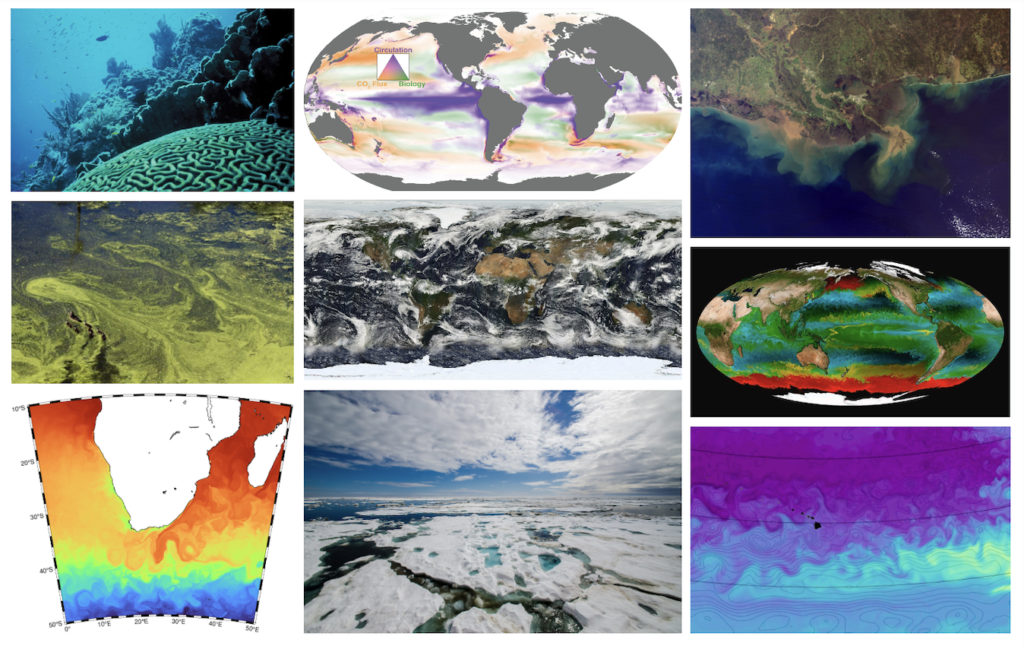 Happy 2023: Another new year, another new research roundup! Best wishes as always to MITgcmers past, MITgcmers present and MITgcmers yet to come…
Happy 2023: Another new year, another new research roundup! Best wishes as always to MITgcmers past, MITgcmers present and MITgcmers yet to come…
Better Biogeochemical Modeling
 New global-ocean, data-constrained DIC budget uses the ECCO-Darwin ocean biogeochemistry state estimate.
New global-ocean, data-constrained DIC budget uses the ECCO-Darwin ocean biogeochemistry state estimate.
MITgcm Goes to Ocean Sciences 2022
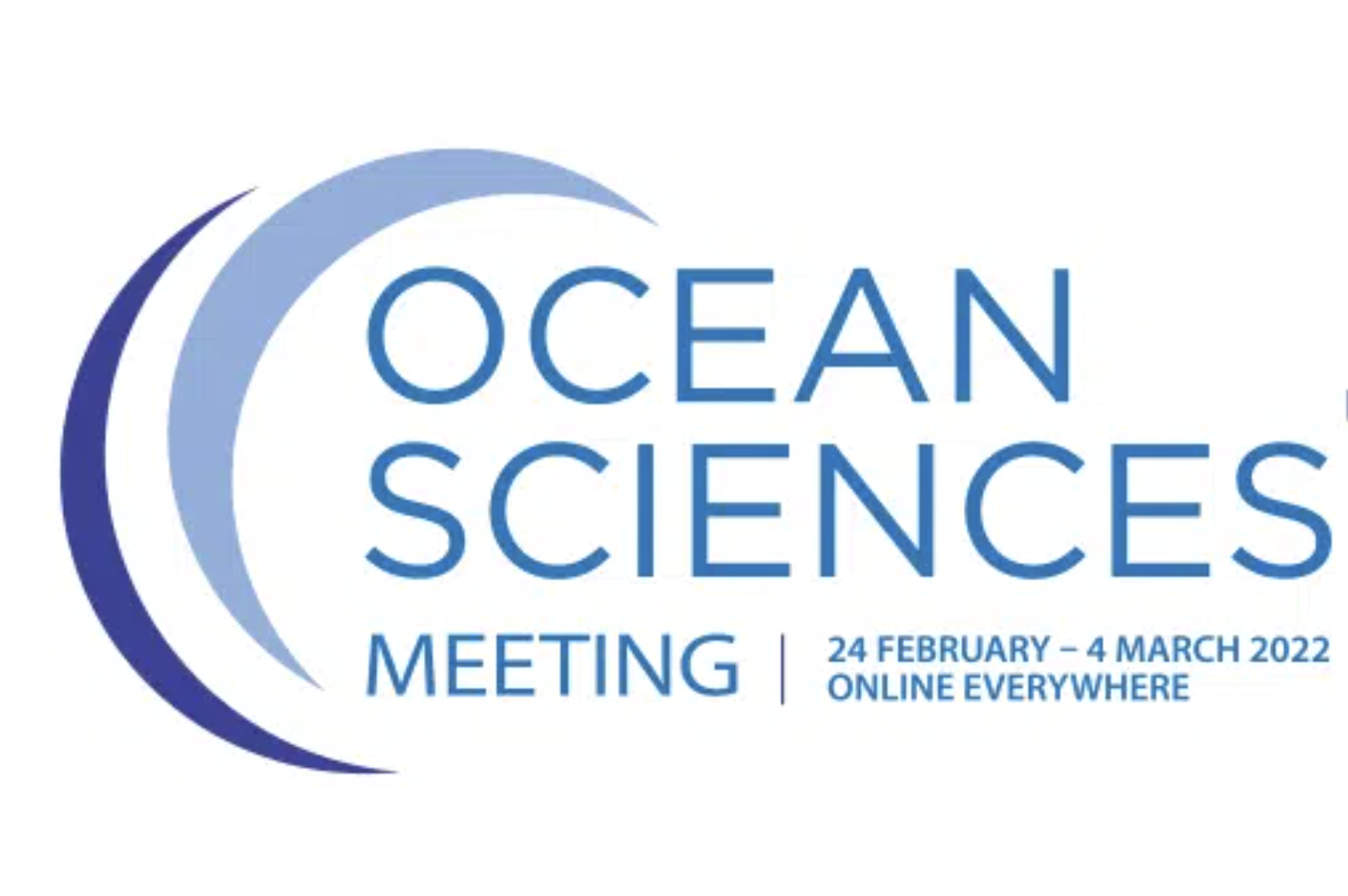 This month, a taste from the smorgasbord of papers using MITgcm served up at this year’s Ocean Sciences Meeting.
This month, a taste from the smorgasbord of papers using MITgcm served up at this year’s Ocean Sciences Meeting.
